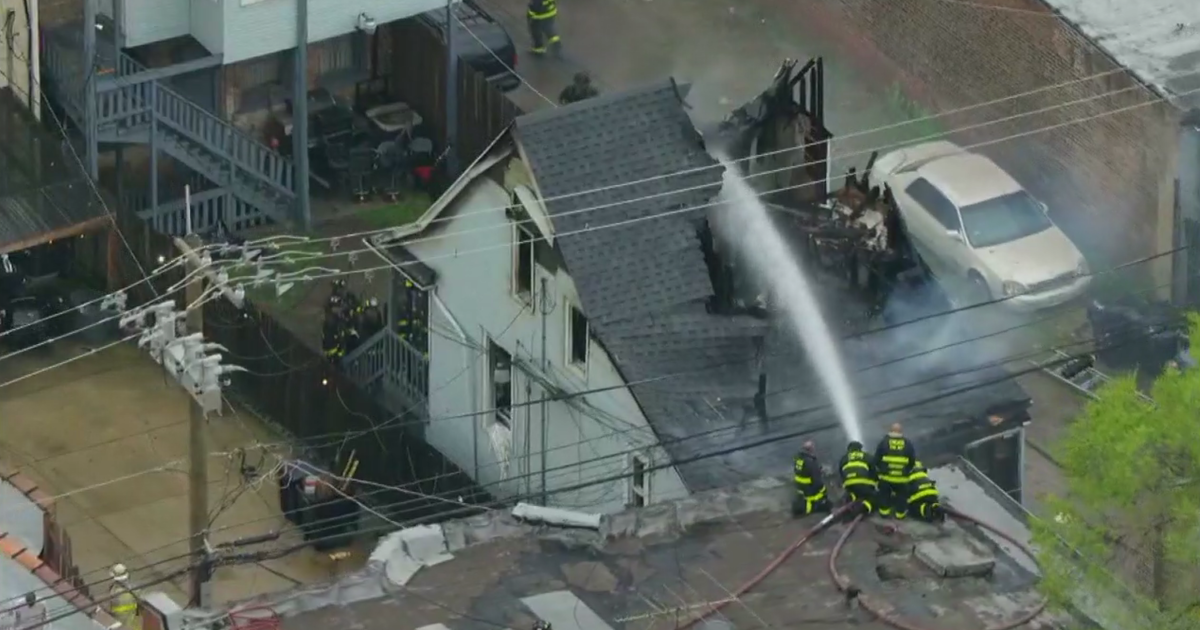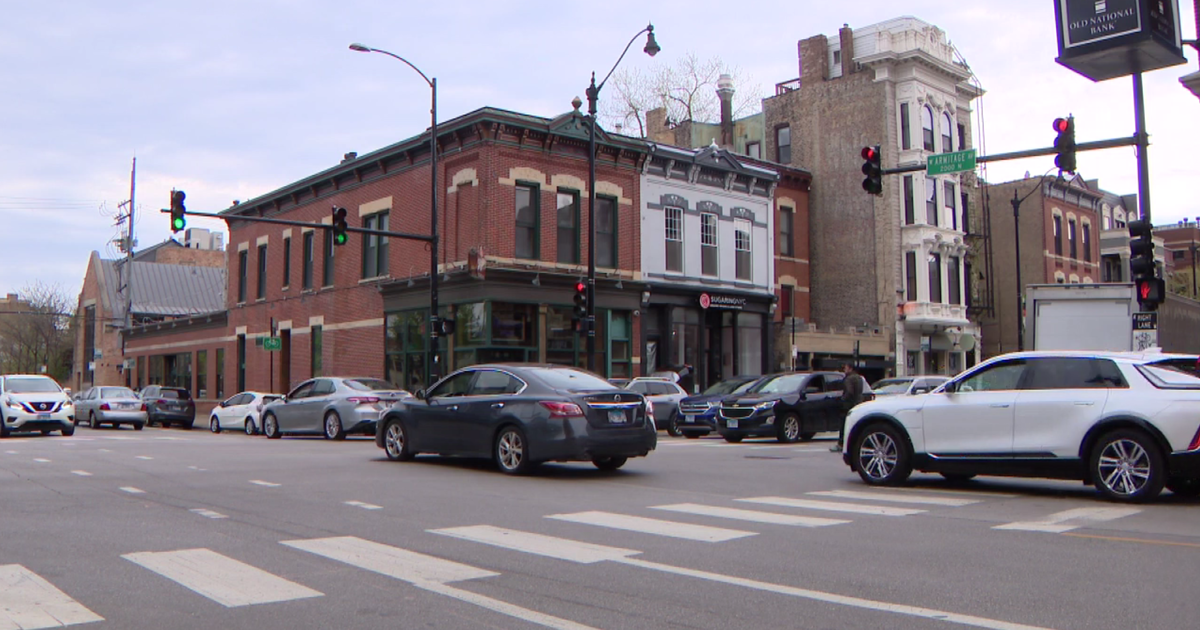8 Things for Chicago-Area Residents to Know about the Ebola Virus
By Wendy Widom
CHICAGO (CBS) — As Ebola continues to spread in West Africa, Chicago-area residents are seeking more information about the disease, its symptoms and how it is transmitted.
Ebola hemorrhagic fever (Ebola HF), according to the Centers for Disease Control and Prevention (CDC), "is a severe, often fatal disease in humans and nonhuman primates (such as monkeys, gorillas, and chimpanzees)."
Here are 8 things for Chicagoland residents to know about the Ebola virus:
1. The World Health Organization reports that Ebola "outbreaks occur primarily in remote villages in Central and West Africa, near tropical rainforests."
2. The number of Ebola-related deaths has climbed to almost 900, with the majority of cases being reported in West African nations Sierra Leone, Liberia and Guinea. Nigerian officials announced yesterday that two cases have been confirmed there.
3. In the United States, no new cases have been reported. However two Americans, medical aid worker Nancy Writebol and physician Kent Brantly, were recently transported from Liberia to the United States and are currently undergoing treatment for the illness at Emory University Hospital.
4. The virus is transmitted through "direct contact with the blood or secretions of an infected person" and "exposure to objects (such as needles) that have been contaminated with infected secretions," states the CDC.
CDC Director Tom Frieden told CBS News, "The way it spreads is not by casual contact, and it's only from people who are very ill."
5. The incubation period for Ebola is 2 to 21 days.
6. Symptoms for Ebola may include fever, headache, weakness and diarrhea and in some cases difficulty breathing and swallowing.
7. This week the United States Peace Corps withdrew all of its volunteers from the region as a precautionary measure.
Peace Corps Volunteer Cullen Seaton of Chicago returned to the embrace of his waiting family at O'Hare International Airport on Monday, shocked and saddened that his service was cut short. The virus had reportedly not reached the area of Guinea where Cullen was stationed.
8. Currently there is no cure for Ebola. Writebol and Brantly received doses of an experimental drug called ZMapp. Developed by San Diego-based Mapp Biopharmaceutical Inc., the drug has been previously tested on animals to determine if it would prevent the Ebola virus from invading the body and infecting new cells.



